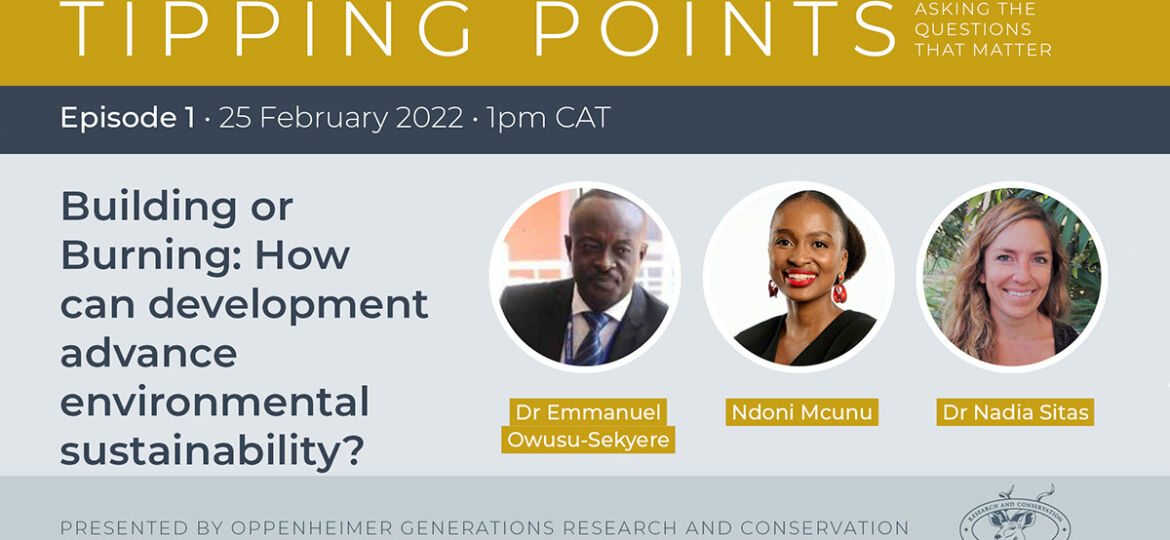A study reported by the BBC earlier this year found that of the 100 most cited climate research papers over the past five years, fewer than 1% of the authors were based in Africa, and of the total 1 300 scientists involved, 90% were affiliated with academic institutions from North America, Europe or Australia.
people-nature relationships
It’s high time we embrace innovative tech solutions that Africa’s youth are developing to promote conservation.
If there is a dictum which sums up Mavuso Msimang, it’s “Do the right thing!”
“We’ve had a major breakthrough in the Rising Star cave system,” says Professor Lee Berger, one of the world’s most prolific human fossil finders. “We’ve been on an expedition for the last six weeks,” he says, and he is about to go back for a week as we do the interview. His Twitter post makes it clear he’s bursting with enthusiasm: “it’s as exciting as 2008, 2013, 2020 and the last 5 weeks!” For a palaeonthologist who has made some of the most significant fossil finds of the last three decades, including Australopithecus sediba in 2008, something extraordinary has clearly happened. “The discoveries we’ve made were right in front of our eyes, they’re extraordinary”, but he’s not letting on yet what he’s found or what it means. “I’d have to kill you if I do,” he jokes.
Elephants have killed about 60 people and injured 50 in Zimbabwe this year alone, and the need to find ways of reducing or eliminating human-animal conflict is intensifying.
The use of artificial lights to trick malaria-transmitting mosquito species that feed nocturnally into behaving as if it’s daytime
How do we steer a path towards Africanfuturism, away from colonial narratives of what is fit for Africa? Laura Pereira (with insight from her colleagues) argues that retrieving indigenous knowledge through storytelling and exploring transdisciplinary visioning in Africa allow for a more radical way of thinking about possible sustainable futures.
We live in the age of the Anthropocene – a period during which human activity is having to have a significant impact on the planet’s climate and ecosystems. In this era we have seen many flourish, but at great cost to the environment and the species we share the planet with.
The University of Pretoria has commemorated two research chairs funded by the Oppenheimer Generations Research & Conservation and the Benjamin Raymond Oppenheimer Trust (BRO Trust). The University’s partnership with Nicky, Strilli and Jonathan Oppenheimer to promote underfunded research areas has resulted in one research chair in non-invasive wildlife research and another in molecular archaeology receiving funding.
Wild plants are of fundamental importance to the wildlife economy, it was emphasised at a dialogue on how to protect and grow the sector, held in Stellenbosch in early March.












